The quantity and quality of scientific research at the National Museums of Kenya (NMK) and its affiliate organisations is set to improve, thanks to modern research equipment donated by the Chinese Academy of Sciences (CAS).
The equipment will enhance specimen scanning of both plant and animal specimens at NMK and its partner research organisations.
Dr Geoffrey Mwachala, a chief research scientist at the NMK said the donation will improve the collection and management of research materials in the country. He said this during the handing over ceremony last week at the NMK’s offices in Nairobi.
In addition, the modern equipment will speed up research activities and increase output, according to Dr Hastings Ozwara, the Director at the Institute of Primate Research (IPR).
“The equipment will do more to enhance our capacity to produce more research results in a very short time, unlike what used to happen in the past,” he said.
An assortment of nearly 60 specialized, state-of-the-art research equipment will be deployed in different parts of the country. The cost of the equipment amounted to approximately Ksh 9.1 million (US$90,000).
The donation is part of an effort to forge closer scientific cooperation between Africa and China, according to Prof Wang Qingfeng, the Director of Sino-Africa Research Centre of the Chinese Academy of Sciences.
“The aim of this recent effort is to establish a collaborative initiative between African countries and China,” he said, during the handing over ceremony.
Up to 150 Kenyan students have already benefited from sponsorship to pursue their master degree courses in China, in the past five years.
Already, the CAS has established regional offices in Ethiopia and Madagascar in addition to the one in Kenya. And going forward, Qingfeng says they are looking into setting up a gene bank in Kenya in the next four years.
Collaboration between the NMK and CAS began in 2009. Since then, over 20 NMK affiliated staff have been sponsored to study in China. This has resulted in over 80 scientific papers, according to Dr Mwachala.

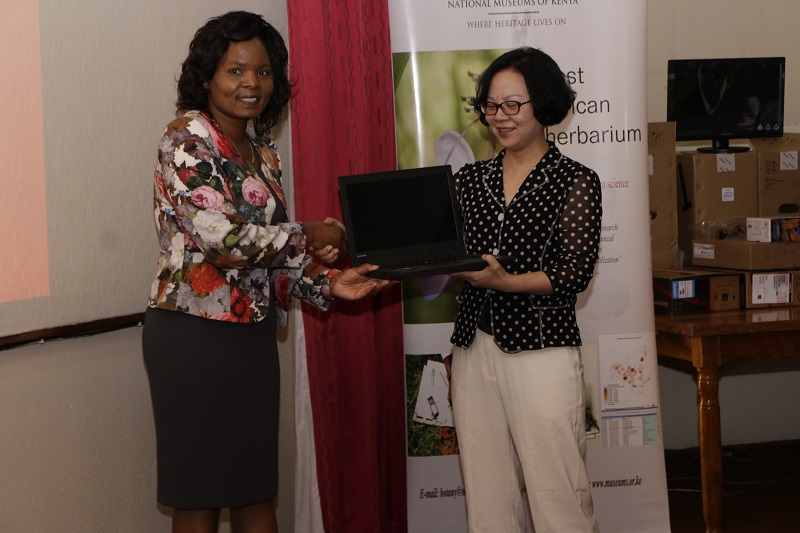
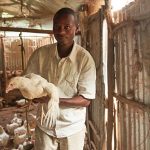





![Parliament in a past session. [Photo/Parliament of Kenya/Facebook]](https://businesstoday.co.ke/wp-content/uploads/2026/02/Parliament-Kenya-200x143.webp)
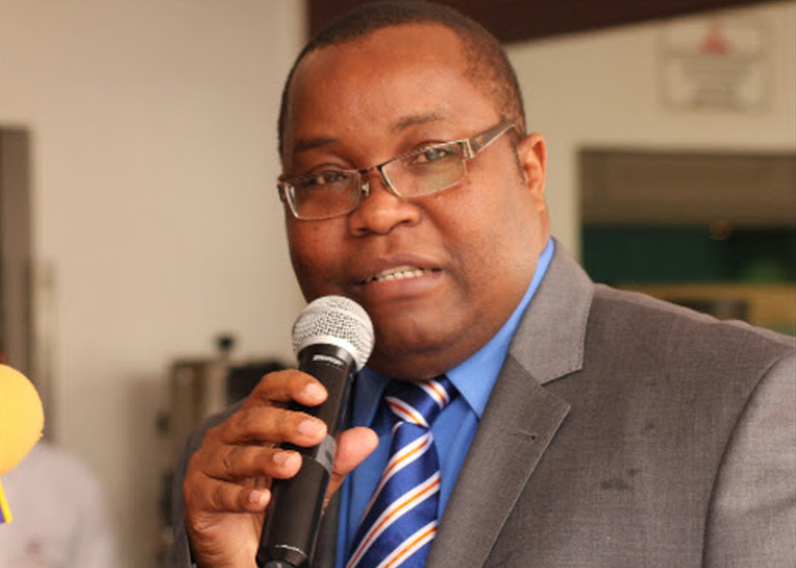

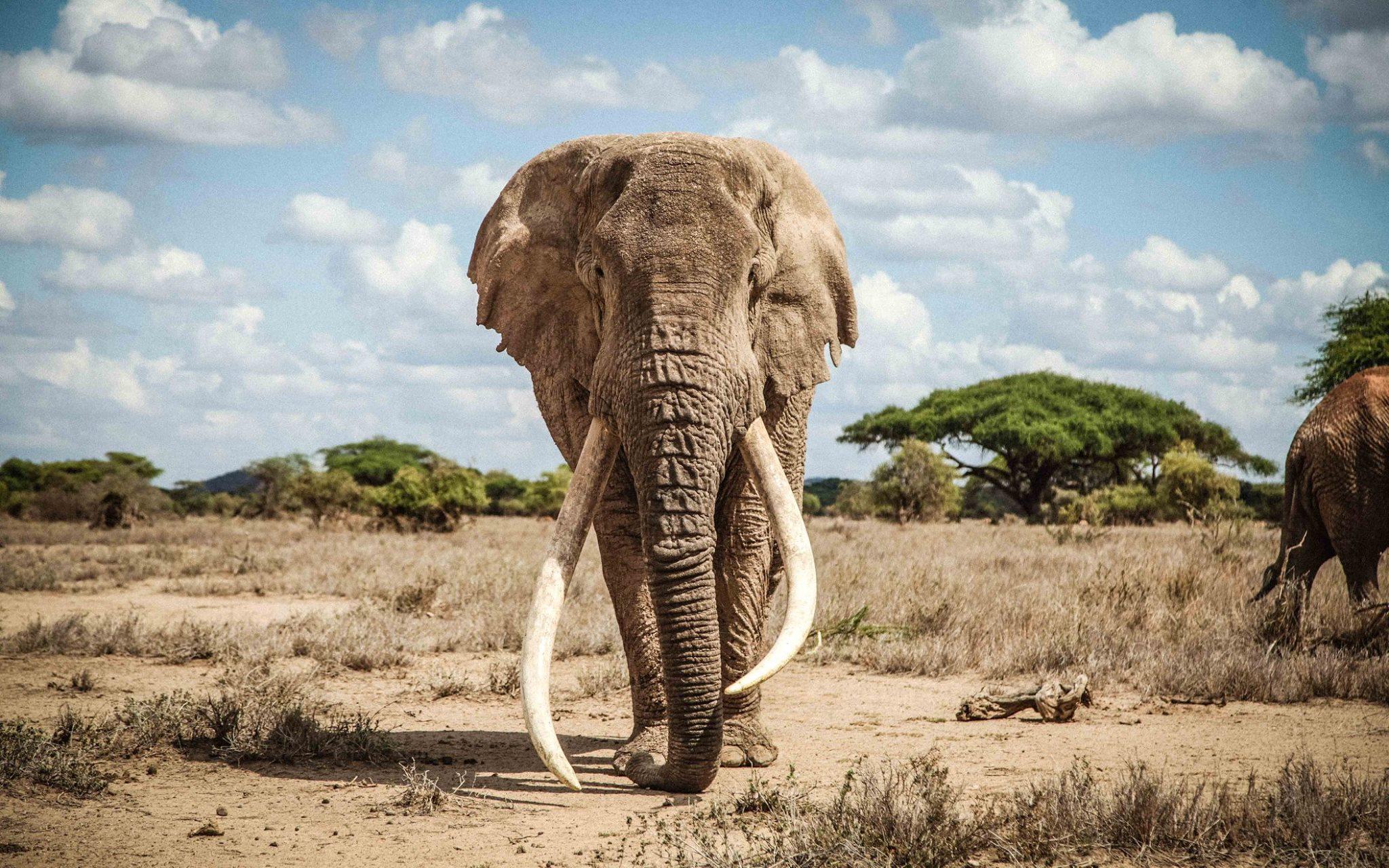
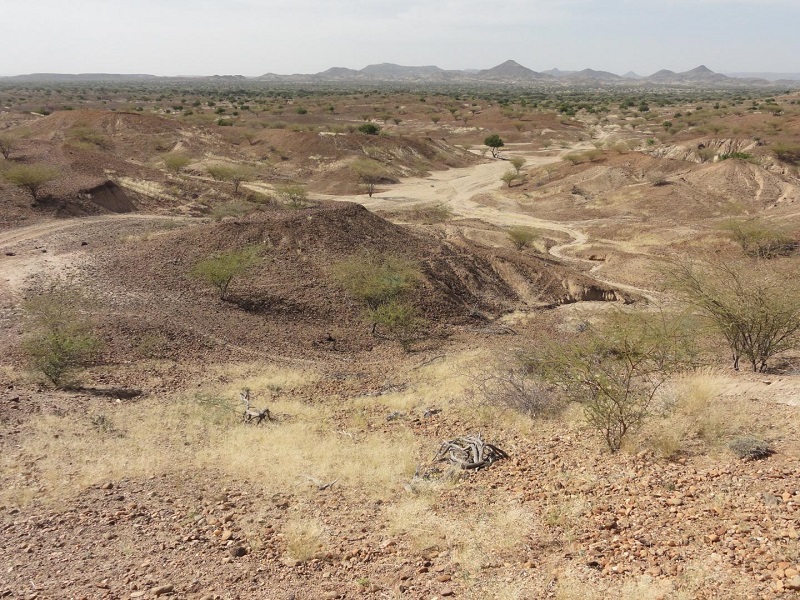
1 Comment